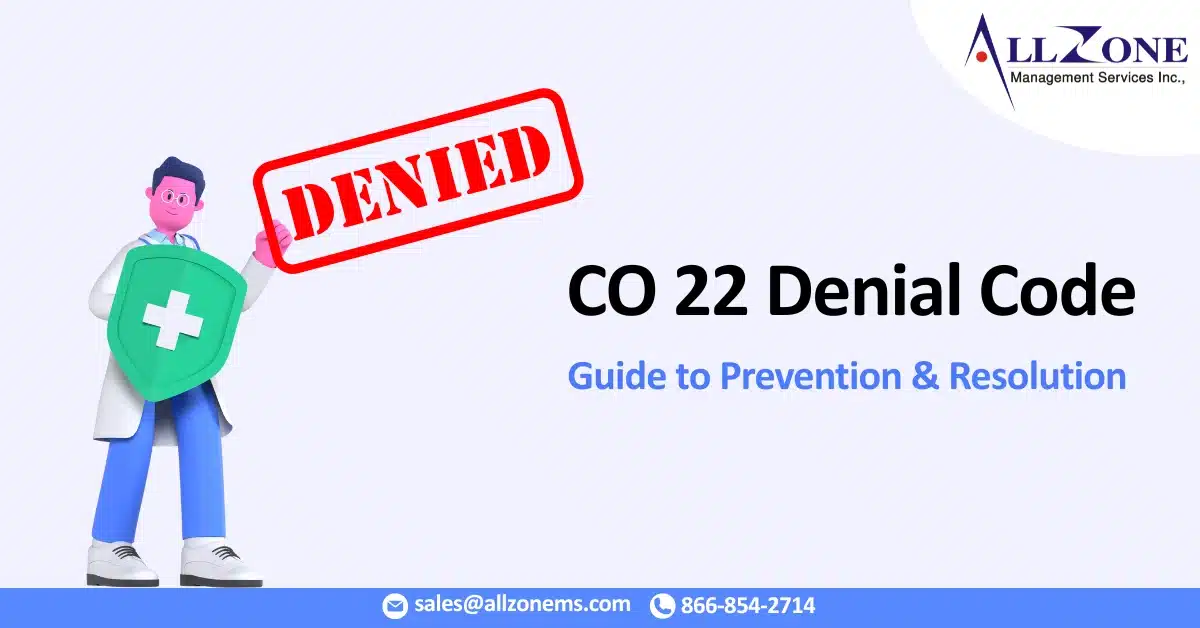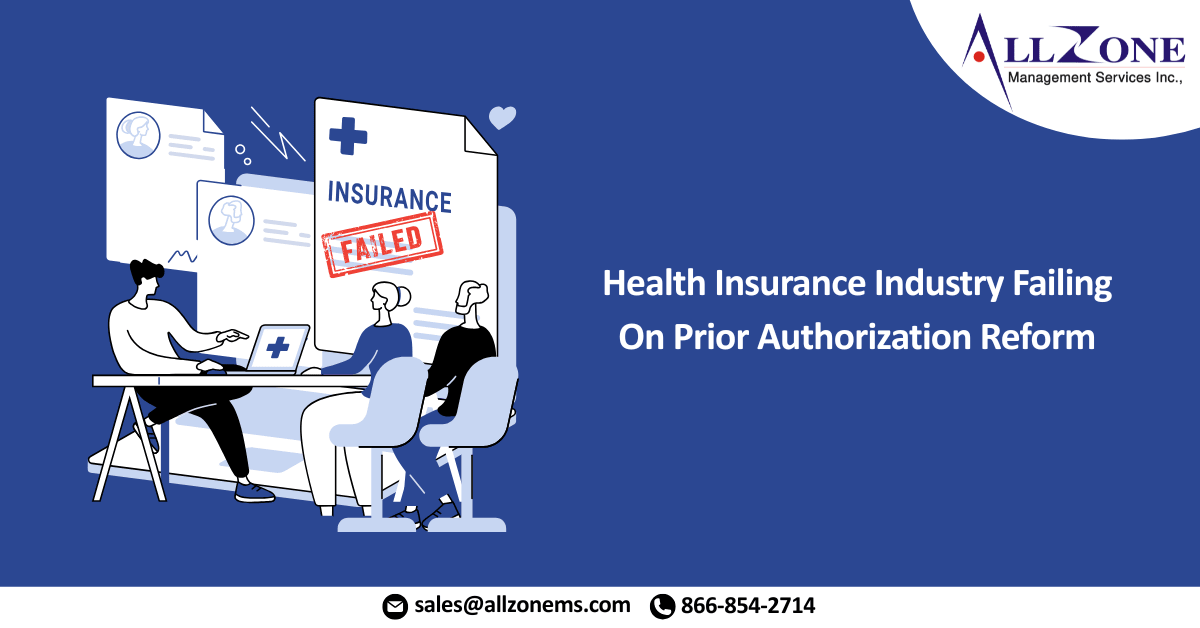In essence, the insurance company you billed believes another insurer is primarily responsible for the payment. Understanding and effectively managing CO 22 denial code is critical for maintaining a healthy revenue cycle and ensuring timely reimbursements. This comprehensive guide will break down the CO 22 denial code, explore its common causes, and provide actionable strategies […]
The U.S. healthcare industry continues its digital transformation, with providers and payers embracing electronic transactions to streamline revenue cycle management (RCM) processes. According to the CAQH Index, adoption of electronic claims management transactions—such as eligibility verification, claim submissions, and claim status inquiries—has reached or surpassed 80% for many transaction types. However, significant gaps remain in […]
In today’s healthcare ecosystem, prior authorization (PA) remains one of the most burdensome administrative processes, creating delays, denials, and dissatisfaction among providers and patients alike. Originally designed to ensure appropriate care and control costs, the process has become a major pain point due to its manual, repetitive, and inconsistent nature. But with the rise of […]
In theory, prior authorization (PA) exists to ensure that healthcare services are medically necessary and cost-effective. But in practice, it has become a bureaucratic roadblock causing treatment delays, administrative overload, and provider burnout. Despite increasing pressure from physicians, hospitals, patient advocacy groups, and even bipartisan lawmakers, the health insurance industry failing on prior authorization reform […]
Medical coding denials are a significant challenge for healthcare providers, revenue cycle managers, and billing departments. Not only do they disrupt the cash flow of healthcare organizations, but they also result in increased administrative costs and delayed patient care reimbursements. According to industry data, nearly 9% of claims are initially denied, and a substantial portion […]
In the complex world of insurance and healthcare claims, the concept of “zero-paid claims” can feel like a phantom menace. You’ve submitted a claim, received an Explanation of Benefits (EOB) or remittance advice, and to your dismay, the payment is… zero. While a zero payment might seem innocuous, it can, in certain scenarios, be interpreted […]
In the intricate dance of healthcare administration, few processes have historically caused as much friction as prior authorization. The traditional, often manual, methods of obtaining approval for medical services and medications have long been a source of frustration for both physicians and patients. Lengthy wait times, administrative burdens, and potential delays in necessary care have […]
Prior authorization (PA) is a necessary but often frustrating part of the healthcare reimbursement process, and the prior authorization burden it creates is substantial. While insurers use it to manage costs and ensure medical necessity, the administrative burden it places on physicians, billing staff, and patients is immense. A 2022 American Medical Association (AMA) survey […]
In the intricate dance of healthcare administration, prior authorization often feels like an unwelcome and time-consuming interruption. The manual processes involved – phone calls, faxes, and endless paperwork – not only burden staff but also create significant bottlenecks that can lead to delayed patient care, increased operational costs, and, critically, a higher rate of claim […]
A recent survey conducted by the American Medical Association (AMA) has revealed significant concerns among physicians regarding the use of artificial intelligence (AI) in healthcare, particularly related to AI prior authorization denials. The survey, which included 1,000 practicing primary care physicians and specialists in the United States, highlights the increasing challenges that AI poses to […]










